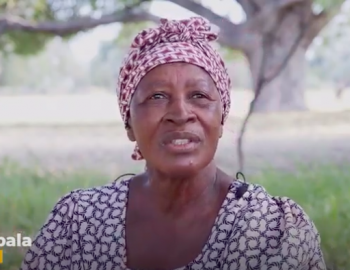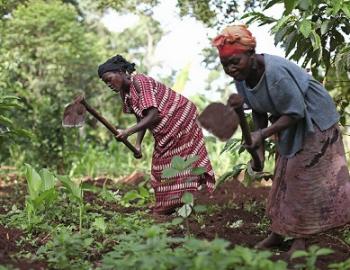ESSENTIAL: Sustainable land use in Quito to safeguard vulnerable communities from floods, droughts and fires
ESSENTIAL: Sustainable land use in Quito to safeguard vulnerable communities from floods, droughts and fires
Low income communities in the hills surrounding Quito, Ecuador live under constant threat from landslides and wildfires. The situation is exacerbated by climate change, with alternating heavy rains and droughts. A CDKN study and pilot project in association with the Municipal Government of Quito and Ecopar Corporation has made the case for restoring local ecosystems and sustainable farming, so as to protect these vulnerable communities.
Key lessons learned from our experience are:
1. Political will, local community interest and integration with provincial development plans were all critical to the success of this project. An essential feature in the design of any similar initiative will be identifying these enabling conditions. Securing these should be the first priority.
2. Empowering key actors and engaging priority sectors secures buy-in and ensures that a project responds to local needs. In Quito, various agricultural stakeholders were consulted due to the regional importance of the sector.
3. Climate vulnerability studies on a medium scale such as this one are strengthened by the input of local communities and their validation of findings. Without their involvement, studies run the risk of overlooking local realities.
4. Climate resilience criteria must be integrated fully into development planning decisions across all sectors for the potential of the city’s adaptation plan to be fully realised; this is a necessarily long and complex process to reach the range of institutions and individuals involved.
Image: infrastructure to retain water, stop erosion, in the hills of Quito; courtesy CDKN LAC.



